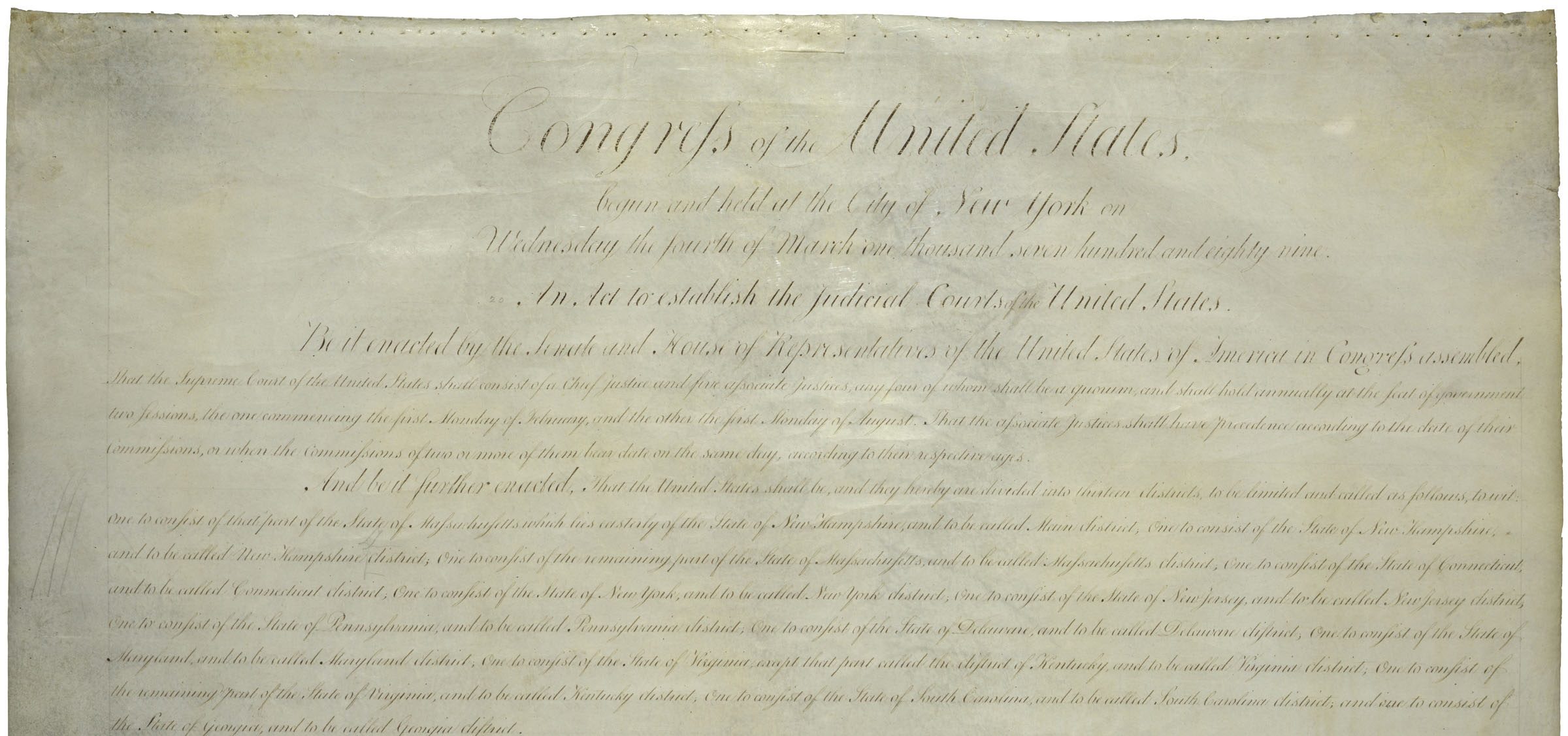In Villeneuve v. Avon Prod., Inc., No. 20-1121 (1st Cir. Oct. 7, 2020) (per curiam), despite that the parties settled on appeal and jointly request vacatur of an order below, the First Circuit holds that they should seek this request in the district court under Fed. R. Civ. P. 60(b)(5).
In a prior decision, a panel affirmed summary judgment for the defendant in Villeneuve v. Avon Prod., Inc., 919 F.3d 40 (1st Cir. 2019). Returning to the district court, the defendant applied for an award of costs under 28 U.S.C. § 1920. The judge granted “(1) $623.85 for production-related copying, (2) $675.00 for Spanish-language interpretive services, (3) $1,491.40 for court reporting of Villeneuve’s deposition, and (4) $5,418.80 for service,” but denied another $2,800. Villeneuve appealed.
The parties then filed a paper fashioned as a “Joint Motion Informing Settlement Agreement and Requesting the Court to Vacate the District Court’s Ruling That Is Subject of the Present Appeal.” The parties reported that they “reached a settlement agreement in the present case, for the sole purpose of avoiding litigation costs.,” and requested that the panel “issue a judgment with prejudice disposing of the present case by vacating the District Court’s rulings that are subject to the appeal.” The motion set forth no legal grounds for this request.
While agreeing to dismiss the appeal – the settlement rendered any further proceedings moot – the panel declines to vacate the district court’s cost order. “Our approach to a request of this kind usually turns on what ruling a party seeks to vacate and the reasons offered for doing so. Though sometimes we will entertain a direct request to vacate a lower court ruling, we will not do so here, because the Federal Rules of Civil Procedure afford a potential path to relief before the district court.”
In particular, the panel points to Rule 60(b)(5). “Here, the parties seek limited relief, concerning a monetary award, after a settlement. This is a ‘set of circumstances’ where the award of costs ‘has been satisfied, released, or discharged,’ directly implicating Rule 60(b)(5). When relief under that provision may be available, parties in these or similar circumstances should first seek relief under Rule 60(b)(5) at the district court, before making any request to this court.”
Thus, “[w]e need not take up the parties’ vacatur request, but this decision is without prejudice to pursuit of vacatur relief in the district court, a course we encourage for parties who find themselves in similar positions in the future. Any party wishing to seek review of subsequent district court rulings in this case should file a new notice of appeal.”
